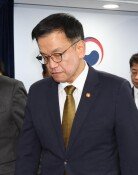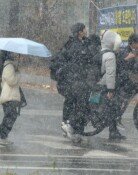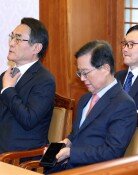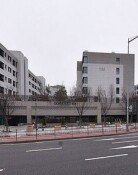N. Korea could conduct seventh nuclear test around US Election
N. Korea could conduct seventh nuclear test around US Election
Posted September. 27, 2024 07:56,
Updated September. 27, 2024 07:56
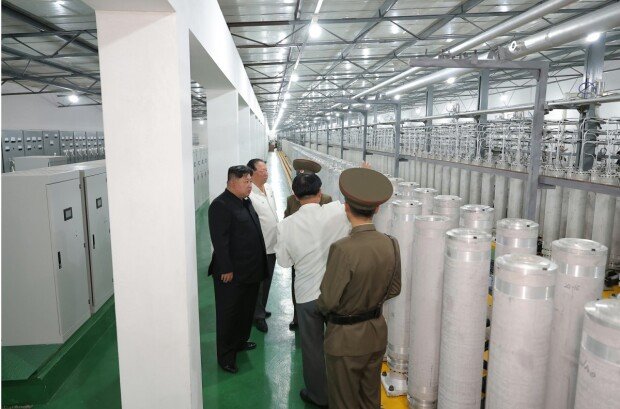
North Korea could conduct its seventh nuclear test either shortly before or after the U.S. presidential election in November, according to South Korea’s National Intelligence Service (NIS). “There is a possibility of conducting a nuclear test ahead of the U.S. presidential election,” the agency said Thursday during a plenary session of the National Assembly's intelligence committee. However, NIS officials noted that the test could also occur after the election, as North Korea has various other military options, such as launching intercontinental ballistic missiles (ICBMs) or satellites. Lee Sung-kwon, a lawmaker from the ruling People Power Party and head of the intelligence committee, shared that a nuclear test appears to be ready to proceed whenever North Korean leader Kim Jong Un gives the order. This suggests that North Korea may initially engage in other provocative activities before deploying its "trump card" — a nuclear test — after the U.S. election.
The NIS addressed North Korea's uranium enrichment activities in a related development. The agency noted that the country's recently unveiled Highly Enriched Uranium (HEU) production facility is likely located in Kangson. "As North Korea accelerates its uranium enrichment efforts, we are closely monitoring whether another reactor at Yongbyon is operational," the NIS added.
Regarding North Korea's stockpile of nuclear materials, the NIS estimates that the country has around 70 kilograms of plutonium and a substantial amount of HEU, enough to produce a double-digit number of nuclear weapons. Meanwhile, Bruce Bennett, a senior fellow at the U.S.-based Rand Corporation, shared a more alarming assessment at the U.S.-Korea Nuclear Strategy Forum, citing research that indicates that North Korea may possess 85 kilograms of plutonium and between 1,000 to 1,900 kilograms of HEU, enough to manufacture as many as 100 nuclear weapons.
The NIS also reported concerns about North Korea's growing ties with Russia. The agency is monitoring Moscow’s economic support to Pyongyang, including the supply of refined oil. In contrast, the relationship between North Korea and China appears to have significantly deteriorated. The NIS noted ongoing tensions between the two nations, particularly over China’s crackdown on North Korean foreign currency traffickers operating within its borders. The agency concluded that there is a low likelihood of improvement in North Korea-China relations in the near future.
Kyu-Jin Shin newjin@donga.com



